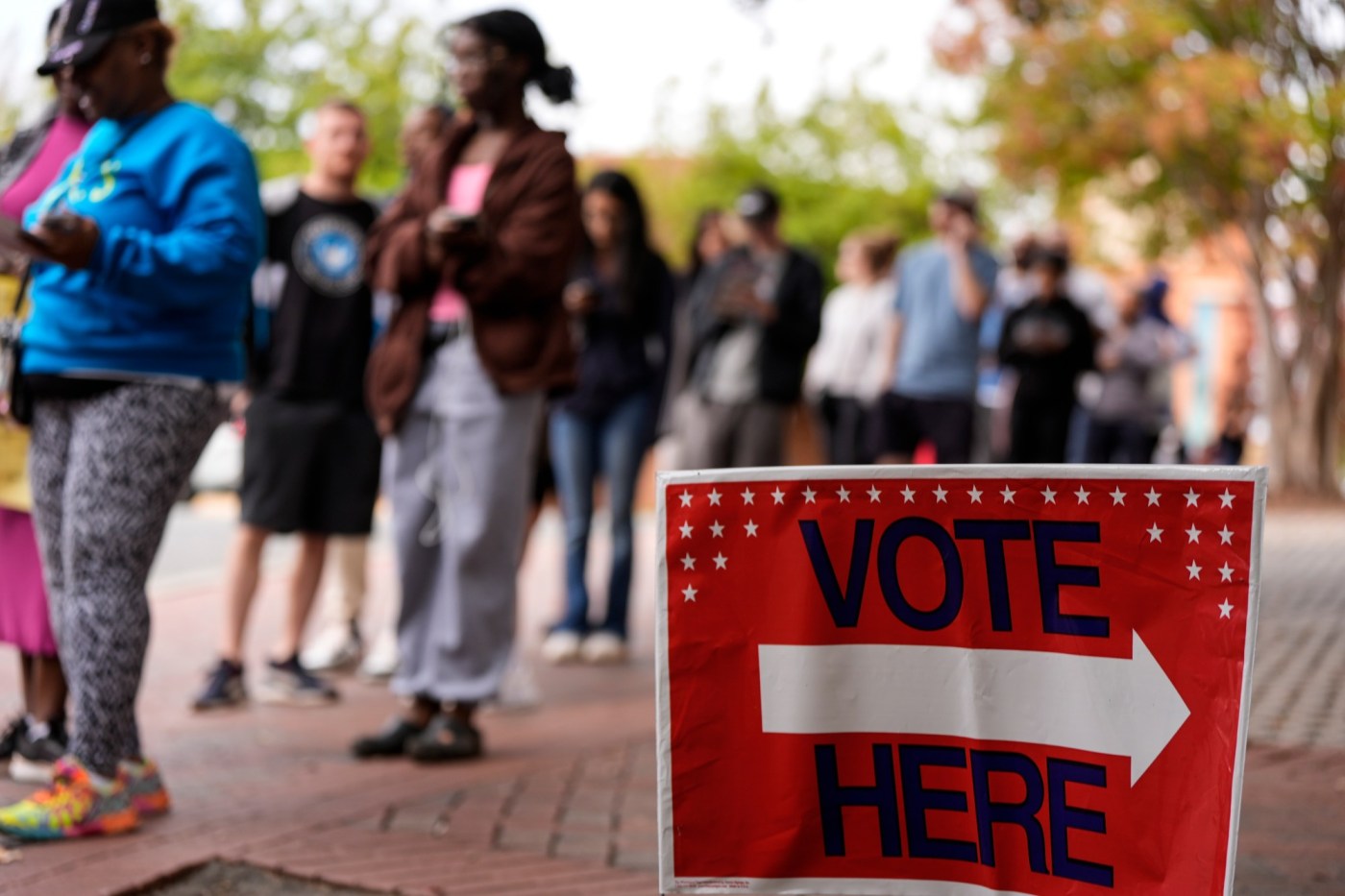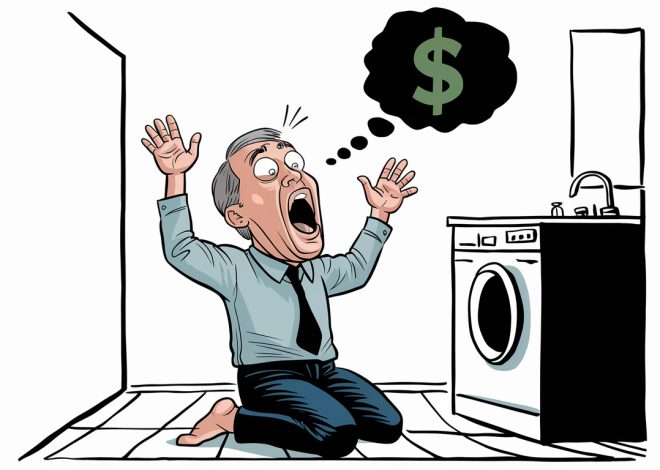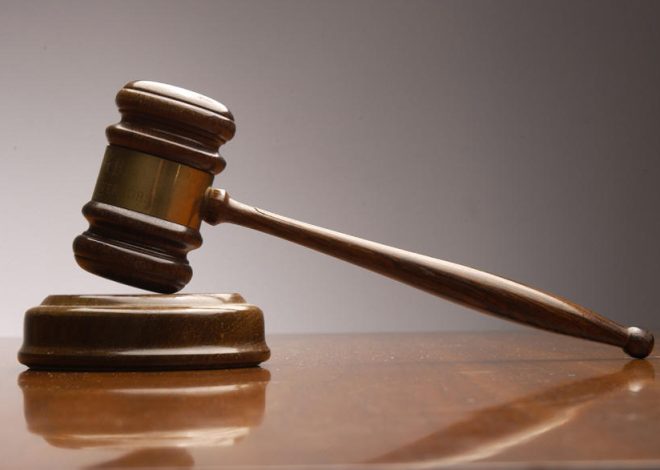
The final day of voting in the US is here, after tens of millions have already cast their ballots
By CHRISTINA A. CASSIDY and ALI SWENSON, Associated Press
WASHINGTON (AP) — Election Day 2024 arrived Tuesday — with tens of millions of Americans having already cast their ballots. Those include record numbers in Georgia, North Carolina and other battleground states that could decide the winner.
The early turnout in Georgia, which has flipped between the Republican and Democratic nominees in the previous two presidential elections, has been so robust — over 4 million voters — that a top official in the secretary of state’s office said the big day could look like a “ghost town” at the polls.
As of Monday, Associated Press tracking of advance voting nationwide showed roughly 82 million ballots already cast — slightly more than half the total number of votes in the presidential election four years earlier. That’s driven partly by Republican voters, who were casting early ballots at a higher rate than in recent previous elections after a campaign by former President Donald Trump and the Republican National Committee to counter the Democrats’ longstanding advantage in the early vote.
Despite long lines in some places and a few hiccups that are common to all elections, early in-person and mail voting proceeded without any major problems.
That included in the parts of western North Carolina hammered last month by Hurricane Helene. State and local election officials, benefiting from changes made by the Republican-controlled legislature, pulled off a herculean effort to ensure residents could cast their ballots as they dealt with power outages, lack of water and washed out roads.
By the time early voting in North Carolina had ended on Saturday, over 4.4 million voters — or nearly 57% of all registered voters in the state — had cast their ballots. As of Monday, turnout in the 25 western counties affected by the hurricane was even stronger at 59% of registered voters, state election board Executive Director Karen Brinson Bell said.
Brinson Bell called the voters and election workers in the hurricane-hit counties “an inspiration to us all.”
Besides the hurricanes in North Carolina and Florida, the most worrisome disruptions to the election season so far were arson attacks that damaged ballots in two drop boxes near the Oregon-Washington border. Authorities there were searching for the person responsible.
The absence of any significant, widespread problems has not stopped Trump, the Republican nominee, or the RNC, which is now under his sway, from making numerous claims of fraud or election interference during the early voting period, a possible prelude to challenges after Election Day.
He has mischaracterized an investigation underway in Pennsylvania into roughly 2,500 potentially fraudulent voter registration applications by saying one of the counties was “caught with 2600 Fake Ballots and Forms, all written by the same person.” The investigation is into registration applications; there is no indication that ballots are involved.
In Georgia, Republicans sought to prohibit voters from returning mailed ballots to their local election office by the close of polls on Election Day, votes that are allowed under state law. A judge rejected their lawsuit over the weekend.
Trump and Republicans also have warned about the possibility that Democrats are recruiting masses of noncitizens to vote, a claim they have made without evidence and that runs counter to the data, including from Republican secretaries of state. Research has consistently shown that noncitizens registering to vote is rare. Any noncitizen who does faces the potential of felony charges and deportation, a significant disincentive.
One case of noncitizen voting was caught during early voting last month and resulted in felony charges in Michigan after a student from China cast an illegal early ballot.
This is the first presidential vote since Trump lost to Joe Biden four years ago and began various attempts to circumvent the outcome and remain in power. That climaxed with the violent Jan. 6, 2021, attack on the U.S. Capitol to halt certification of the results after Trump told his supporters to “fight like hell.”
Even now, a solid majority of Republicans believe Trump’s lie that Biden was not legitimately elected, despite reviews, audits and recounts in the battleground states that all affirmed Biden’s win. A survey last month from The Associated Press-NORC Center for Public Affairs Research showed Republicans remain much more skeptical than Democrats that their ballots will be counted accurately this year.
Seeking to rebuild voter confidence in a system targeted with false claims of widespread fraud, Republican lawmakers in more than a dozen states since 2020 have passed new voting restrictions. Those rules include shortening the window to apply or return a mail ballot, reducing the availability of ballot drop boxes and adding ID requirements.
On the last weekend before Election Day, Trump continued to falsely claim the election was being rigged against him and said a presidential winner should be declared on election night, before all the ballots are counted.
Related Articles
Puerto Rico holds general election that promises to be historic
Abortion is on the ballot in nine states and motivating voters across the US
Control of Congress is at stake and with it a president’s agenda
Federal agencies say Russia and Iran are ramping up influence campaigns targeting US voters
About 24 states say they’ll send National Guard troops to DC for vote certification and inauguration
Vice President Kamala Harris urged voters not to fall for Trump’s tactic of casting doubt on elections. The Democratic nominee told supporters at a weekend rally in Michigan that the tactic was intended to suggest to people “that if they vote, their vote won’t matter.” Instead, she urged people who had already cast ballots to encourage their friends to do the same.
Through four years of election lies and voting-related conspiracy theories, local election officials have faced harassment and even death threats. That has prompted high turnover and led to heightened security for election offices and polling sites that includes panic buttons and bullet-proof glass.
While there have been no major reports of any malicious cyberactivity affecting election offices, foreign actors have been active in using fake social media profiles and websites to drum up partisan vitriol and disinformation. In the final weeks, U.S. intelligence officials have attributed to Russia multiple fake videos alleging election fraud in presidential swing states.
On the eve of Election Day, they issued a joint statement with federal law enforcement agencies warning that Russia in particular was ramping up its influence operations, including in ways that could incite violence, and likely would continue those efforts well after the votes have been cast.
Jen Easterly, the nation’s top election security official, urged Americans to rely on state and local election officials for information about elections.
“This is especially important as we are in an election cycle with an unprecedented amount of disinformation, including disinformation being aggressively peddled and amplified by our foreign adversaries at a greater scale than ever before,” she said. “We cannot allow our foreign adversaries to have a vote in our democracy.”
The Associated Press receives support from several private foundations to enhance its explanatory coverage of elections and democracy. See more about AP’s democracy initiative here. The AP is solely responsible for all content.


